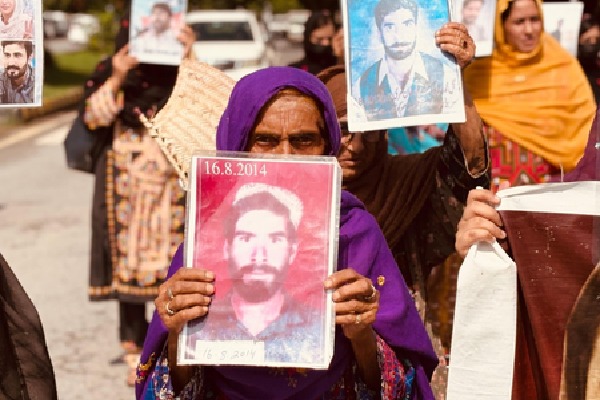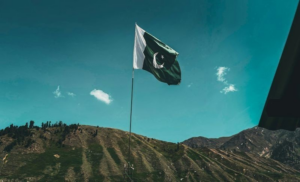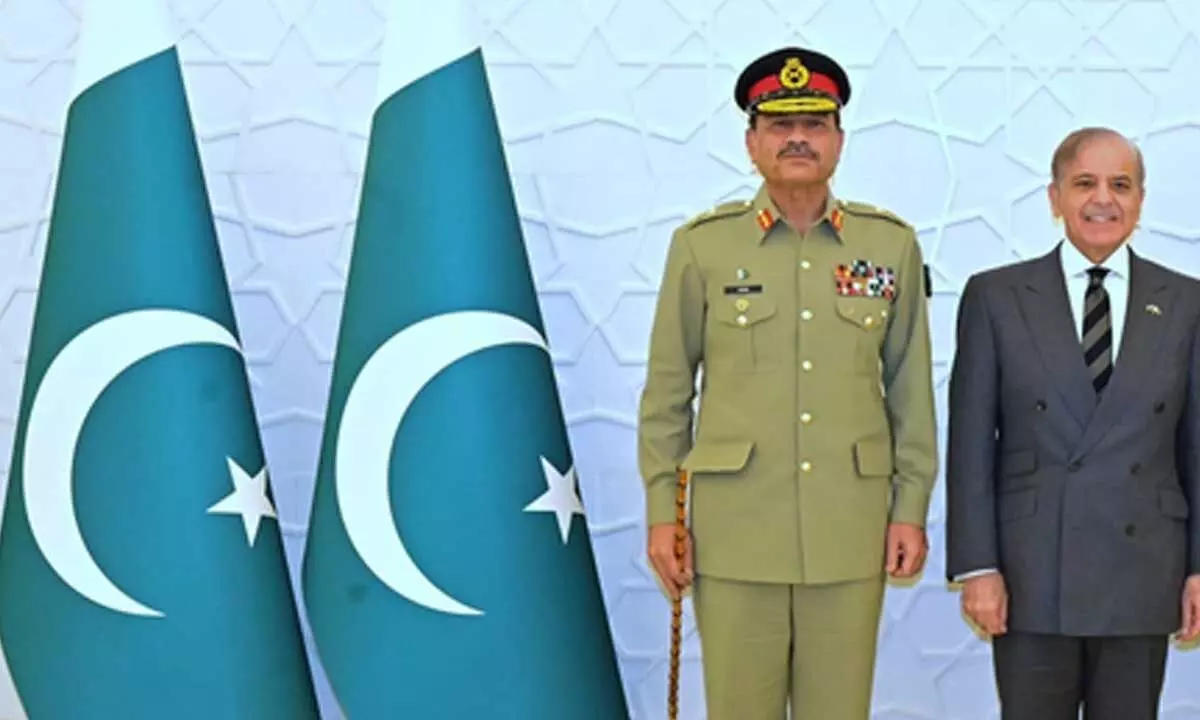
Islamabad needs to assess the implications of the recent war not just from a security or foreign policy lens, but as a humanitarian concern.
Like the rest of the world, Pakistan closely watched the Iran-Israel war with great concern. With the two countries agreeing to a ceasefire, the war has ended for now. However, the implications of the war for the people of the region will continue to be felt for several weeks and months to come.
As a neighbor of Iran, Pakistan will have to deal with the fallout. On June 23, Pakistan’s National Security Committee (NSC) held a critical meeting to assess this impact on Pakistan’s stability and broader regional peace. While any instability in Iran triggers national security and foreign policy concerns in Islamabad, the implications for the lives and livelihoods of people in the border regions should be of concern as well.
Pakistan’s southwestern province of Balochistan shares a 900-kilometer-long border with Iran. Baloch people live on both sides of the border. For generations, family relations and cultural exchange have fostered a deeply interdependent environment across the border. People cross the border on a daily basis, not only to meet family members but also for their livelihoods and religious pilgrimages.
Amid the Iran-Israel war, all cross-border activity, including travel and trade, were disrupted. Assistant Commissioner of Gwadar Jawad Ahmed Zehr confirmed to The Diplomat that border crossing points for Iran had been closed from the Pakistani side. This includes the transit and trade hubs at Gwadar, Kech, Panjgur, and Washuk.
With border crossings shut down, communities living along the border and the local economy have suffered. It drew attention to Balochistan’s heavy reliance on Iran for its energy needs and the local economy, which raised important questions. Is such dependence sustainable? In the event of a prolonged war between Iran and another country, or even between Iran and Pakistan, how will communities across the Balochistan border sustain themselves without any alternate income source?
Annual cross-border trade is estimated at around $3 billion. According to the Oil and Gas Regulatory Authority (OGRA), as of 2023, around 4,000 tons of fuel were being smuggled daily into Pakistan. Besides, Iran also supplies over 70 percent of the 142.5 MW of electricity to the Makran region, Balochistan’s southwestern division.
The Iran-Israel war not only raised security concerns for the Baloch people living along the border but also affected the local economy, a significant part of which directly or indirectly relies on the cross-border flow of fuel, including petroleum, diesel, liquified natural gas (LNG), and food supplies.
Officials have time and again condemned this “illegal” trade, citing its impact on the overall economy and the revenue loss to Pakistan of an estimated $35.8 million per month. In 2023, Pakistan’s then-caretaker Prime Minister Anwaar-ul-Haq Kakar drew attention to the informal fuel trade across the border, describing it as a “deep-rooted nexus” between smugglers and their benefactors. He is not alone in making such allegations. Many economic experts have also described the Iranian petroleum and diesel trade as a revenue loss for Pakistan. They say that unemployment in Balochistan is being used to justify this “smuggling.”
However, such perceptions ignore the fact that most of the people in this resource-rich, strategically important, and restive province have no alternate sources of income.
Over the past fortnight, fuel shortages caused a sudden spike in prices of not only petroleum, diesel, and LNG but also of food supplies. Balochistan’s reliance on this border trade means that any closure or disruption at the border can bring life in the region to a standstill.
Although the Iran-Israel war has ended, there is uncertainty over when cross-border trade and movement will return to normal. But even once trade resumes, there are concerns that fuel and LNG trade, the backbone of the local economy across Balochistan’s border, will now be disrupted. Some of Iran’s most critical oil and gas refineries were attacked, including the South Pars gas field, which reportedly accounts for 80 percent of Iran’s natural gas production. Additionally, oil refinery infrastructure across Iran was also damaged.
Key oil export infrastructure, such as Kharg Island, has been shut down, cutting Iranian crude exports to just over 100,000 barrels per day (bpd) from roughly 1.7 million bpd. Refineries and storage depots near Tehran, Bushehr, and Fars have also been targeted, further reducing Iran’s processing capacity. Israeli strikes on power infrastructure have compounded the damage, straining Iran’s broader industrial base. This disruption in Iran’s energy sector is not only going to affect Iran’s domestic energy needs, but its effects are already being felt across the border in Balochistan.
Pakistan’s diplomatic and security establishment needs to assess the implications of the recent war in the region not only from a security or foreign policy lens, but as a humanitarian concern. With thousands of families across the border with no alternate sources of income and excessively depending on Iranian fuel, gas, electricity and food supplies and economic opportunities, the effects of the broader disruptions will impact millions of people in Balochistan. An already impoverished people could be driven deeper into poverty.






